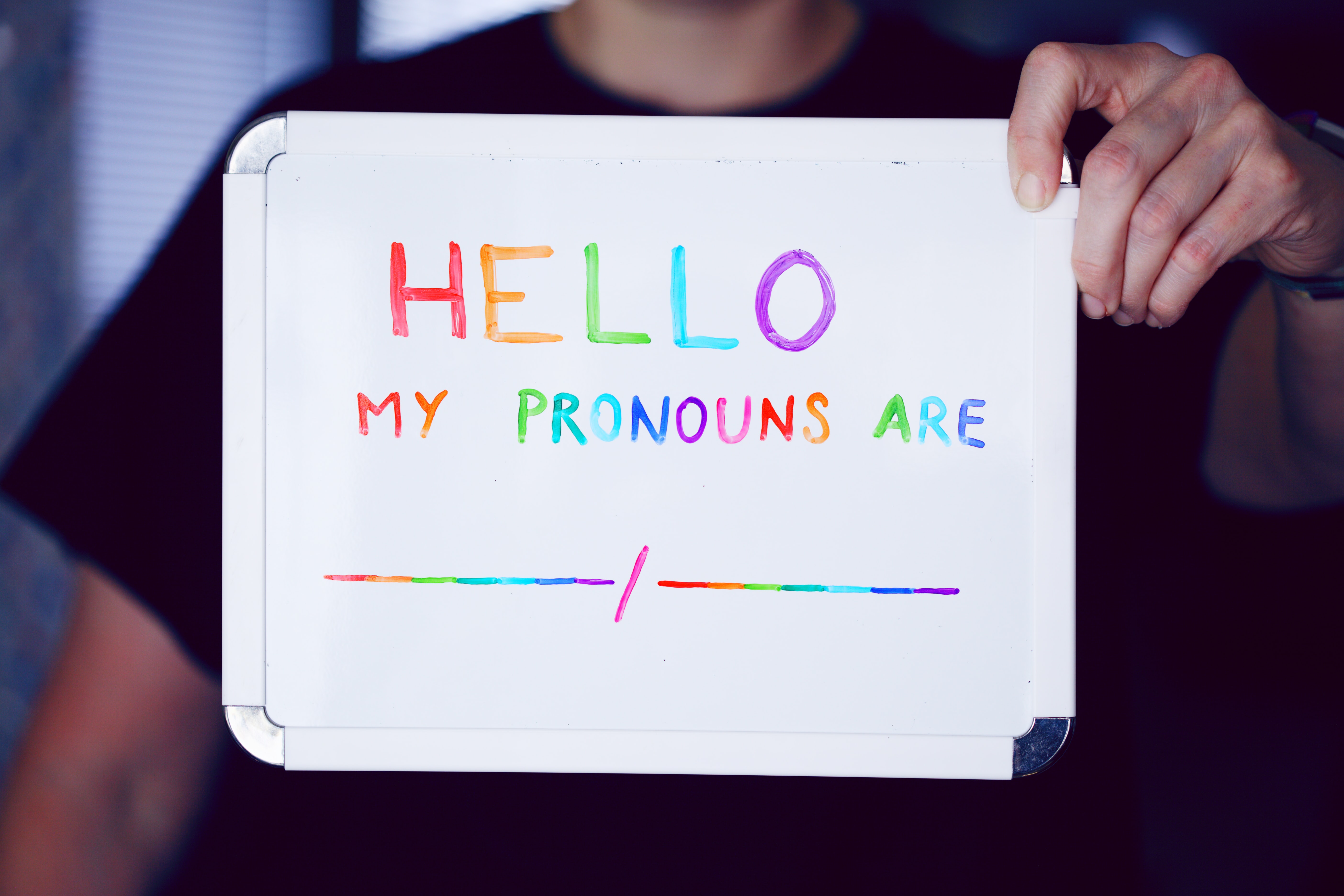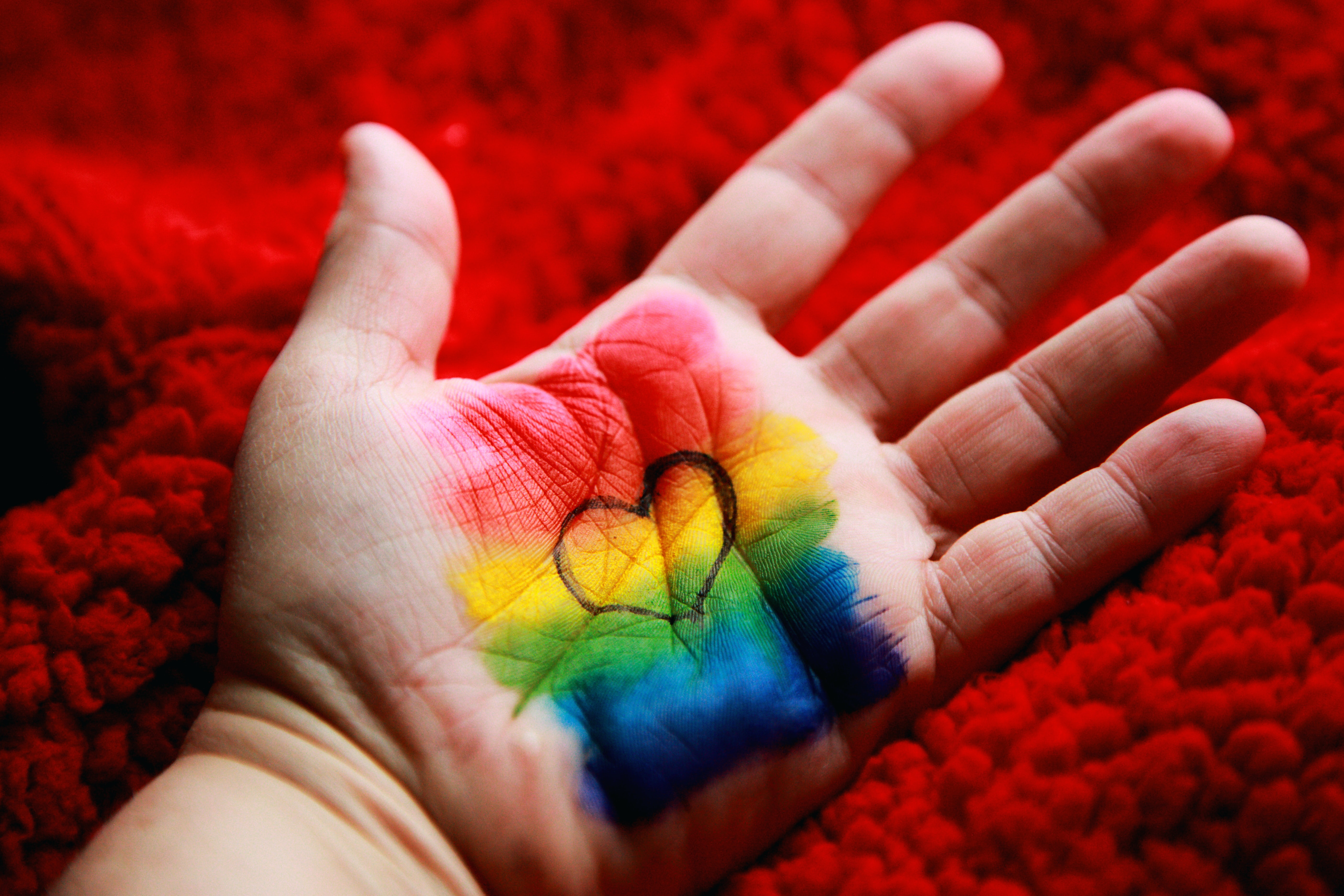Photo by James A. Molnar on Unsplash
Toolkits

This webinar focuses on the important relationship between autism, gender expression and sexuality. Dr. Wenn Lawson and Yenn Purkis share their experiences and offer guidance in navigating neurodiversity as it relates to sexual identity and expression. This session will feature Dr. Lawson and Yenn Purkis covering key elements of development, identity, and self-expression.

This toolkit addresses LGBTQ2S+ awareness, visibility, and dialogue for individuals with neurodiversity and for their caregivers and families. Gender Identity, sexual freedom, and the rights of neurodiverse people are important for growing and thriving. All people have the right to self-determination, meaning, in this case, the right to engage in mutual relationships that are consensual and respectful and, importantly, the right to be informed about our bodies

Autism Nova Scotia has created a toolkit to explore the differences between Sexuality and Gender Identity

Gender based violence is a term used to describe violence that happens to people because of their gender, gender identity, gender expression, or perceived gender. Gender based violence can look like some people having more power (control) over themselves and others because of their gender and use this control to oppress others - take away people's freedom to make their own choices in life

Pronouns such as she/her, he/him and they/them are commonly used as a way for a person to share their gender identity.
Video

The Healthy Relationships, Sexuality and Autism (HRSA) supports teens and adults (19 years and up) with autism through introducing concepts of sexuality and social skills through interactive, sex-positive, inclusive sexuality education lessons.

The Healthy Relationships, Sexuality and Autism (HRSA) supports teens and adults (19 years and up) with autism through further discussing the concepts of sexuality and social skills through interactive, sex-positive, inclusive sexuality education lessons
Research Summaries

This study examined issues of sexuality, including experiences and interests among adults. The researchers compared a group of adults on the autism spectrum with adults in the general population


